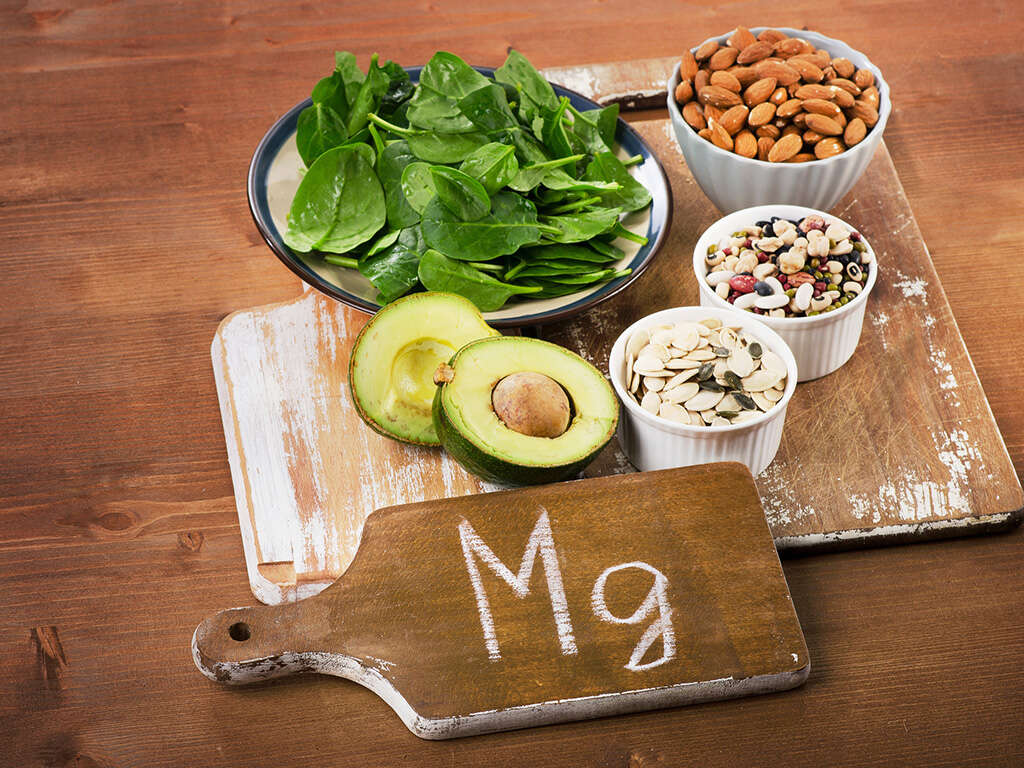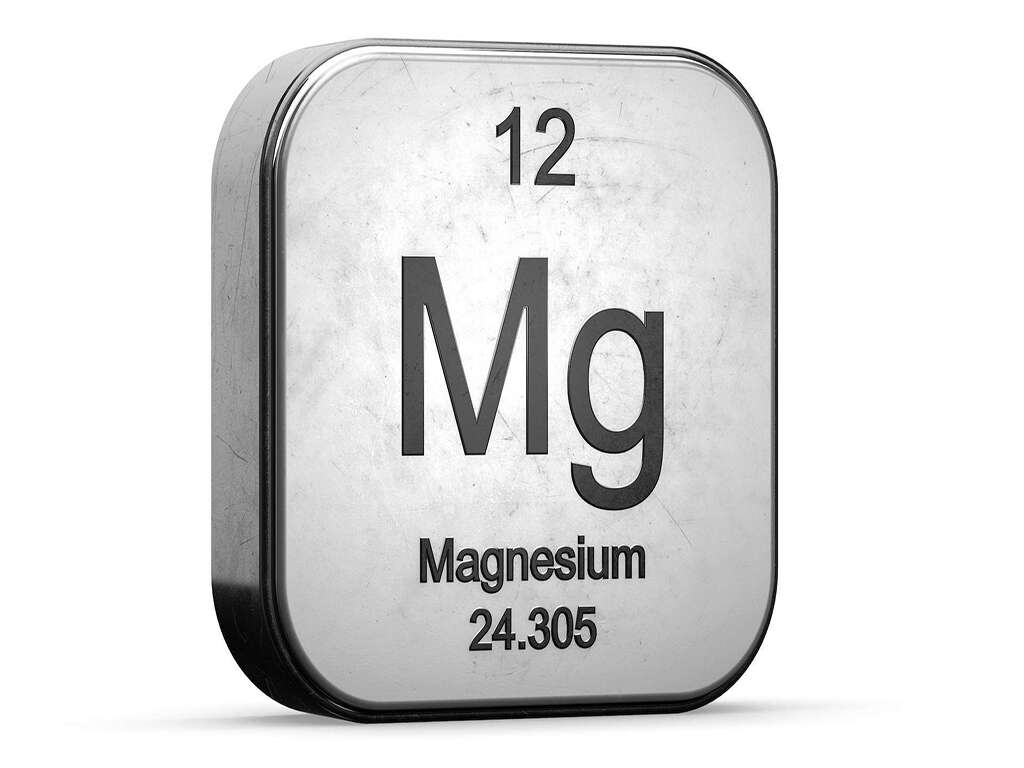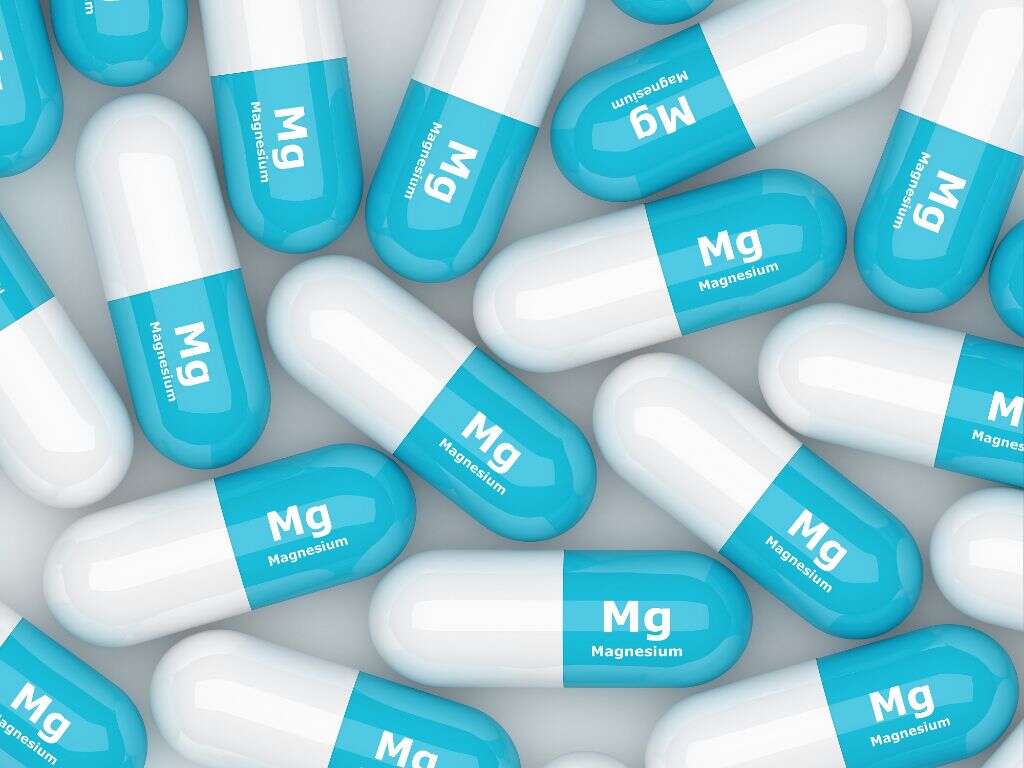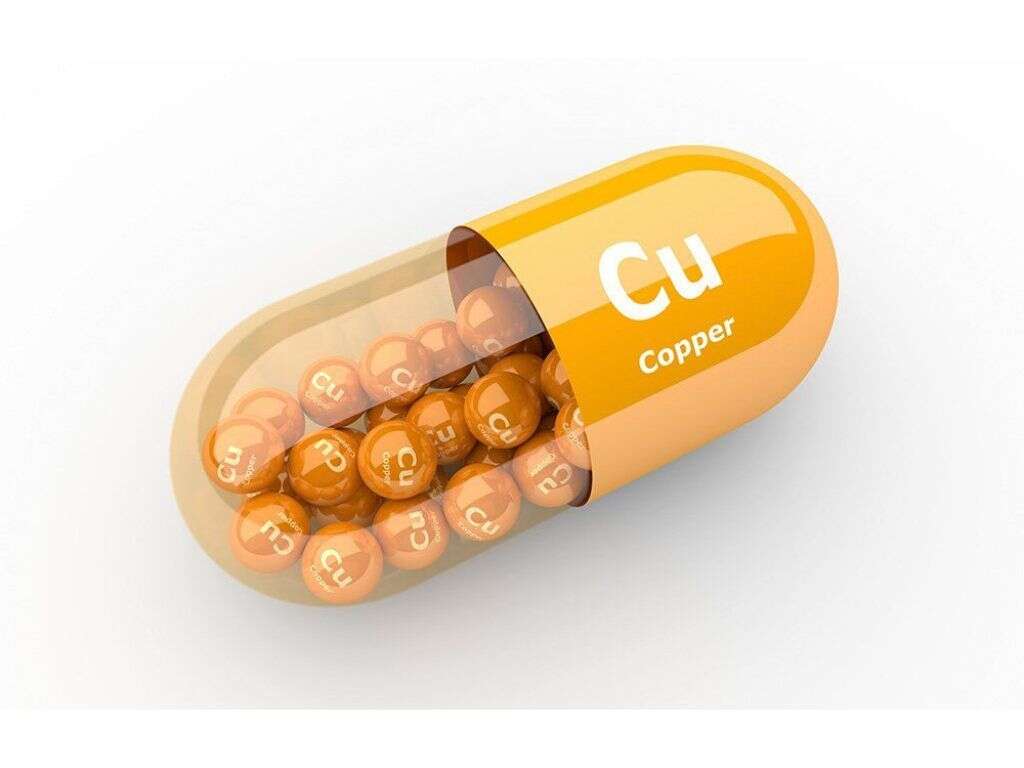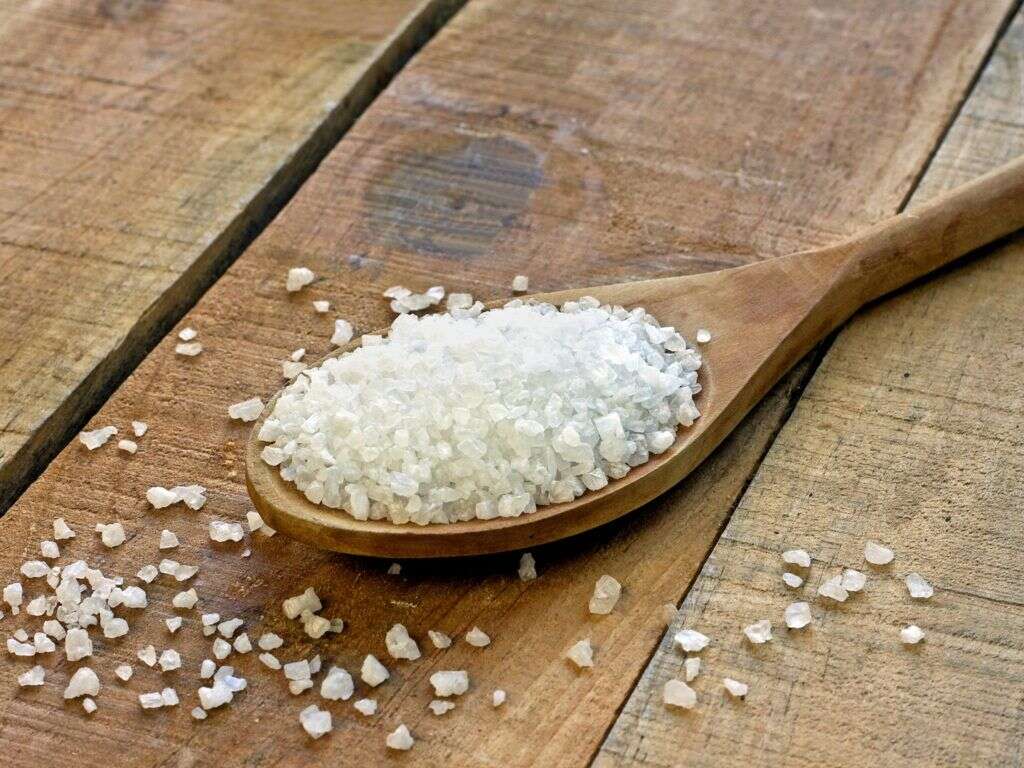10 Foods High In Magnesium
Magnesium is a mineral used by every cell to function and is involved in more than 600 chemical reactions. Nevertheless, on average, Americans consume barely 50% of the recommended daily allowance (RDA) for magnesium. Roughly three quarters of the US population eat a magnesium deficient diet. The current RDA for magnesium is between 300 and 400 mg per day. However, most American women only get 175 to 225 mg while men are getting 220 to 260 mg.
Magnesium supplementation should not exceed more than 350 mg per day for adults because supplemental magnesium cannot be tolerated by our bodies as well as the magnesium found directly in food. In addition to unhealthy eating habits, the problem is worsened by industrial processing, which removes magnesium from grains, sugar, and oil. Unfortunately, this leads us the current state of magnesium deficiency in the nation. Therefore, it is important to know what to eat to get as much magnesium back into our diets as possible.
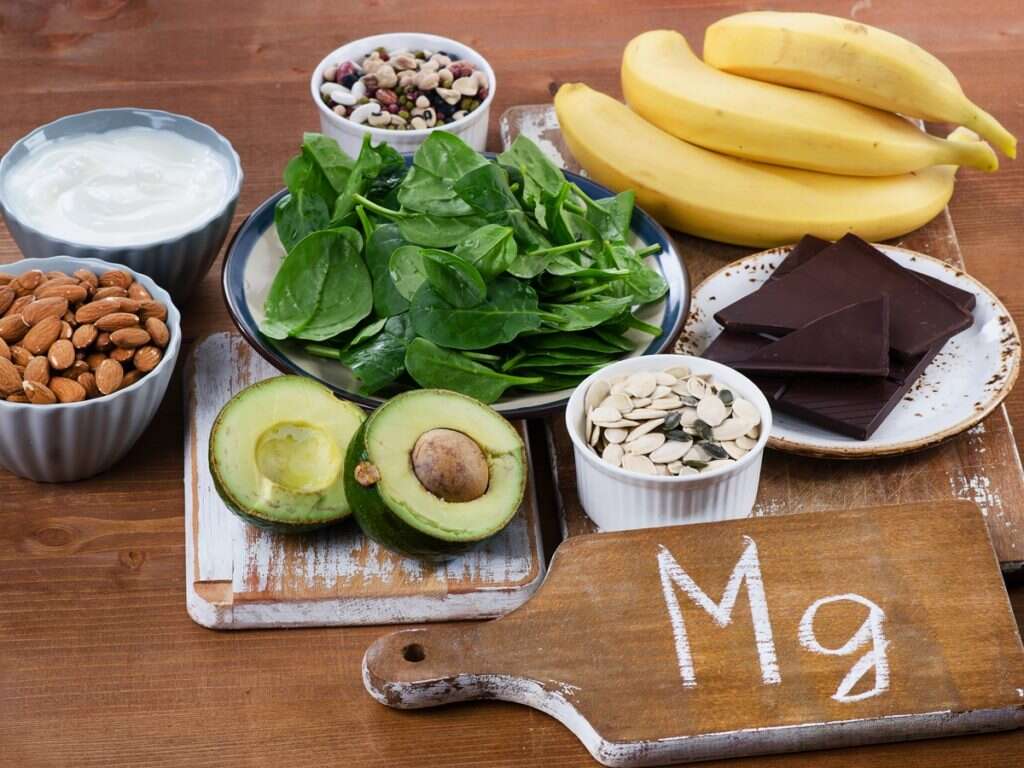
Foods High In Magnesium #1: Cashews
One great source of magnesium are cashews. 100 grams have 292 mg of magnesium. Unless you are allergic to tree nuts, adding cashews to your diet will provide you with calcium, copper, magnesium, iron, phosphorus, potassium, and selenium.
One benefit of cashews is improved bone health. The calcium, magnesium, and potassium together protect against bone demineralization. In addition to bones, the nuts promote skin health. Cashews are high in copper, which helps with the production of melanin, skin and hair pigment, as well as the formation of collagen, which supports skin’s elasticity and defenses against aging.
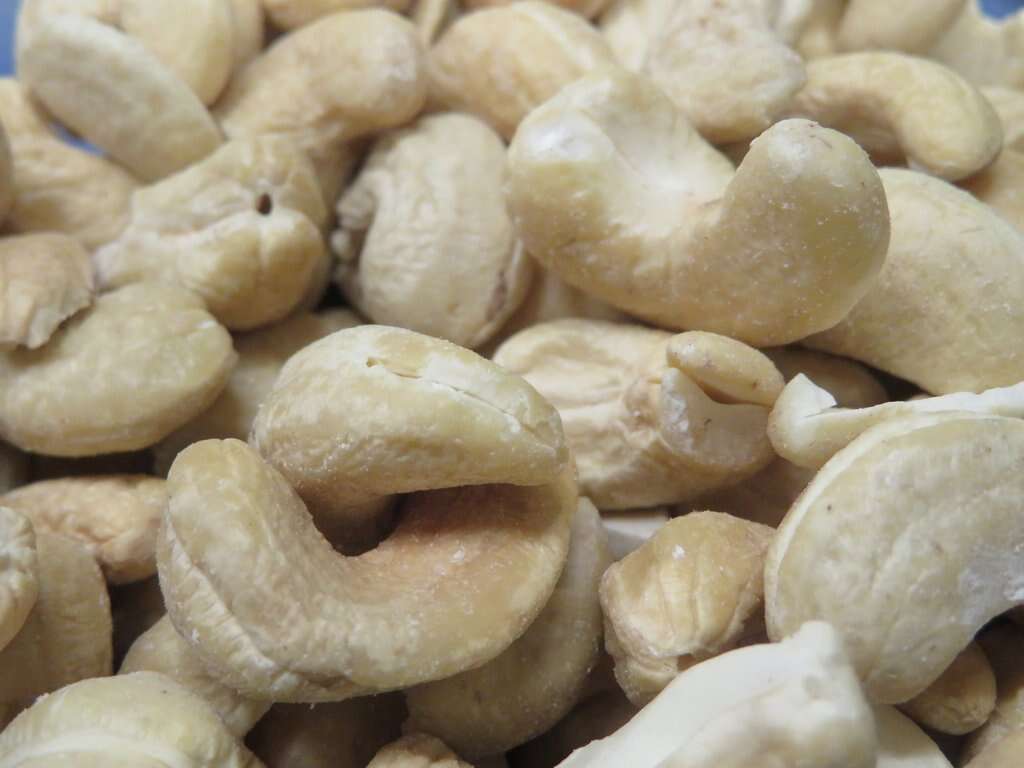
Foods High In Magnesium #2: Tempeh
Tempeh is not as commonly known in America as the rest of the items on this list. But with 81 mg of magnesium in 100 grams of tempeh, it is hard to ignore. Eaten most in Asia, particularly Indonesia, tempeh is a soy product made by forming slightly fermented soybeans into a firm patty.
Other than the fact that tempeh and tofu are both made from soybeans, they are quite different in texture and flavor. Unlike tofu, tempeh has a unique nutty flavor. Tempeh can be used in a variety of ways, especially as a meat replacement in vegetarian and vegan cuisine.
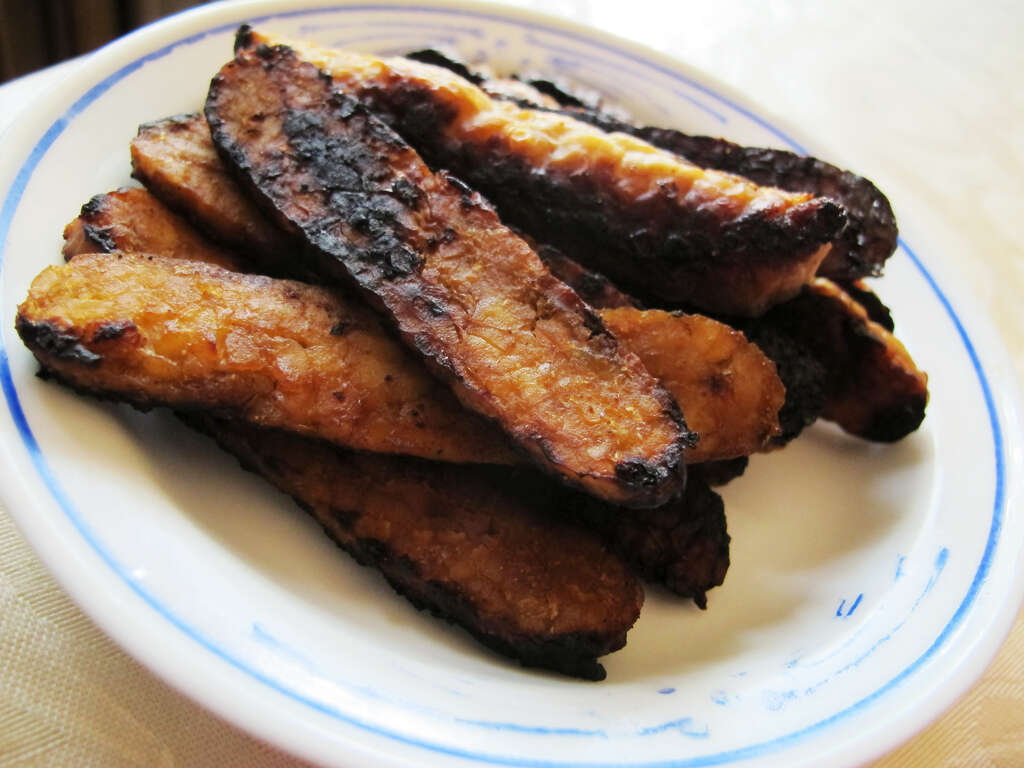
Foods High In Magnesium #3: Sesame Seeds
The most magnesium rich food on this list is sesame. One tablespoon alone has 32 mg or 8% of the daily value. For comparison, 100 grams equates to 351 mg of magnesium. While these seeds may seem tiny, they are highly underrated with huge health benefits.
Focusing on the benefits of sesame seeds and magnesium, studies conducted on both have shown a significant decrease in blood pressure for people with high blood pressure. Sesame oil is considered antihypertensive for the same reason that sesame consistently seems to normalize blood pressure levels.
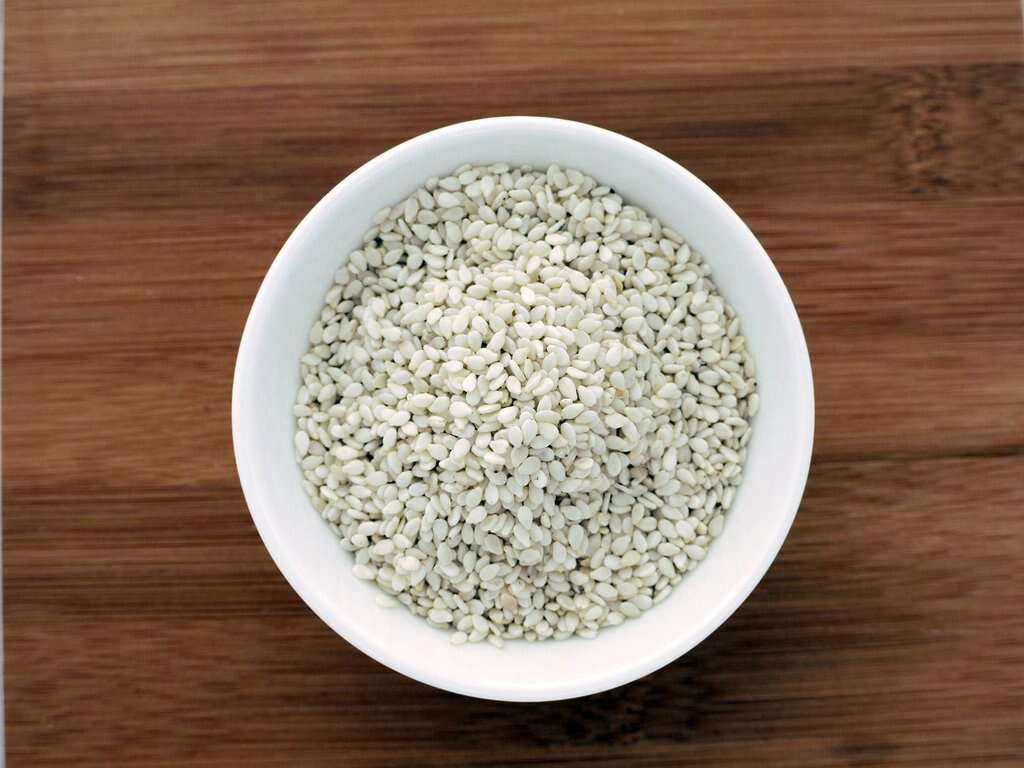
Foods High In Magnesium #4: Swiss Chard
Leafy greens and magnesium go hand-in-hand. The magnesium found in Swiss chard is responsible for its heart healthy status. Magnesium works with other minerals to aid in red blood cell formation, nerve signaling, muscle health, and blood pressure control. 100 grams of Swiss chard provides 81 mg of magnesium.
Swiss chard’s high level of magnesium helps in muscle health by reducing cramping and pain. Magnesium is involved with muscular movement allowing for popular contraction and relaxation of muscles. The heart is the body’s most important muscle. Using magnesium, our bodies are able to keep a regular heart beat going at all times.
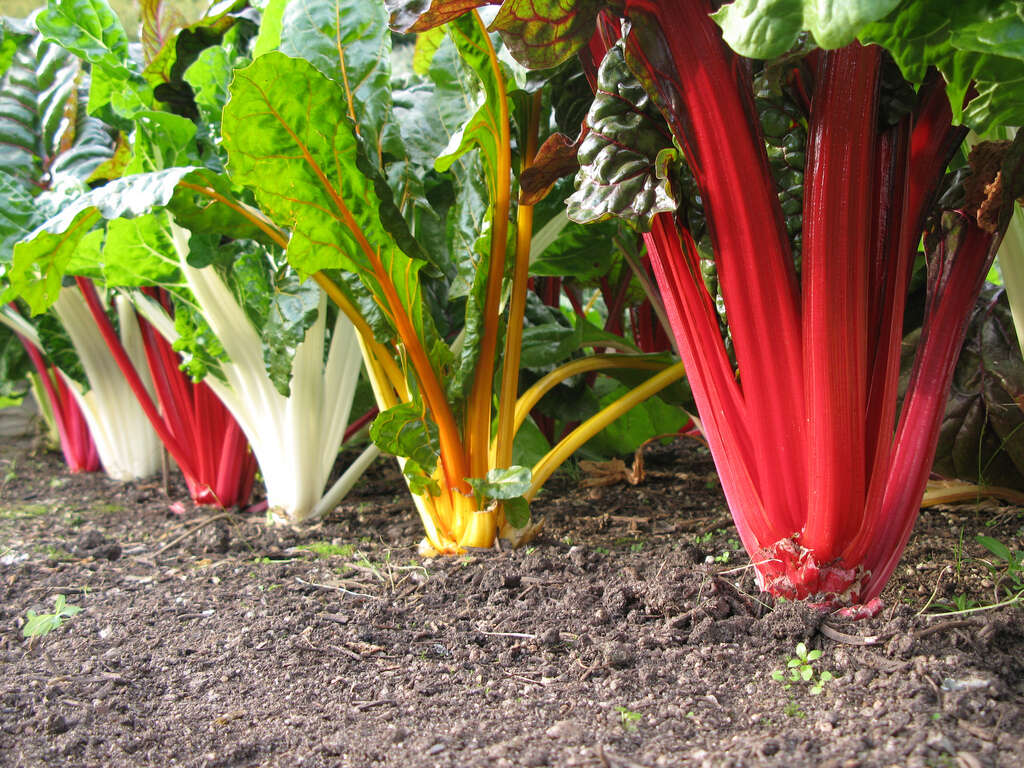
Foods High In Magnesium #5: Pumpkin Seeds
Pumpkin seeds are one of the best natural sources of magnesium and an overall nutritional powerhouse. On top of 262 mg of magnesium in 100 grams, pumpkin seeds contain zinc, omega 3, tryptophan, and copper. Zinc supports prostate health, cell growth, sleep, immunity, mood and insulin resistance.
Along with zinc, tryptophan is an amino acid that helps regulate sleep. Tryptophan converts serotonin into melatonin, also known as the sleep hormone. This process promotes a restful night’s sleep. Therefore, pumpkin seeds can be a great snack to help you relax and unwind before bed while giving your body some magnesium to keep your cells going.
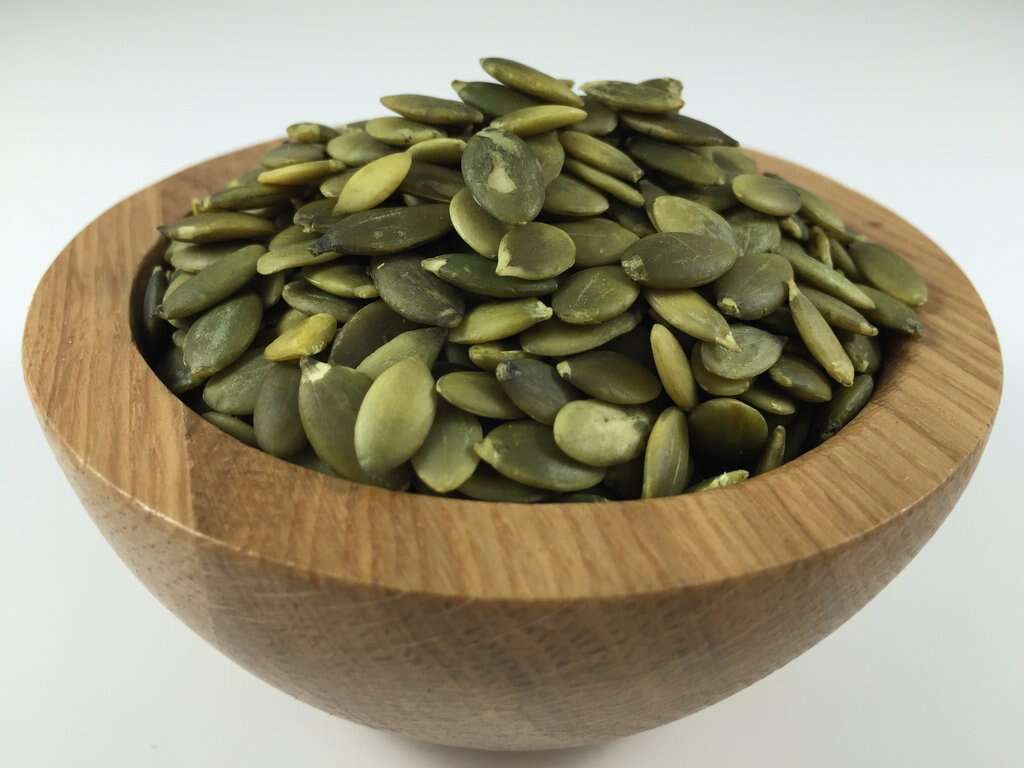
Foods High In Magnesium #6: Spinach
Spinach is right behind Swiss chard as a magnesium filled leafy green providing 79 mg per 100 grams of spinach. Additionally, spinach is an excellent source of vitamins A and C. Vitamin C significantly helps produce collagen, thereby rejuvenating the health and appearance of the skin.
Collagen is required by every skin cell to form and function properly. The vitamin C from spinach can help fight skin damage caused by the sun and pollution, reduce wrinkles, and improve overall skin texture. On the other hand, a low intake of vitamin C can lead to wrinkles, aging skin, blemishes, and other adverse health effects of the skin.
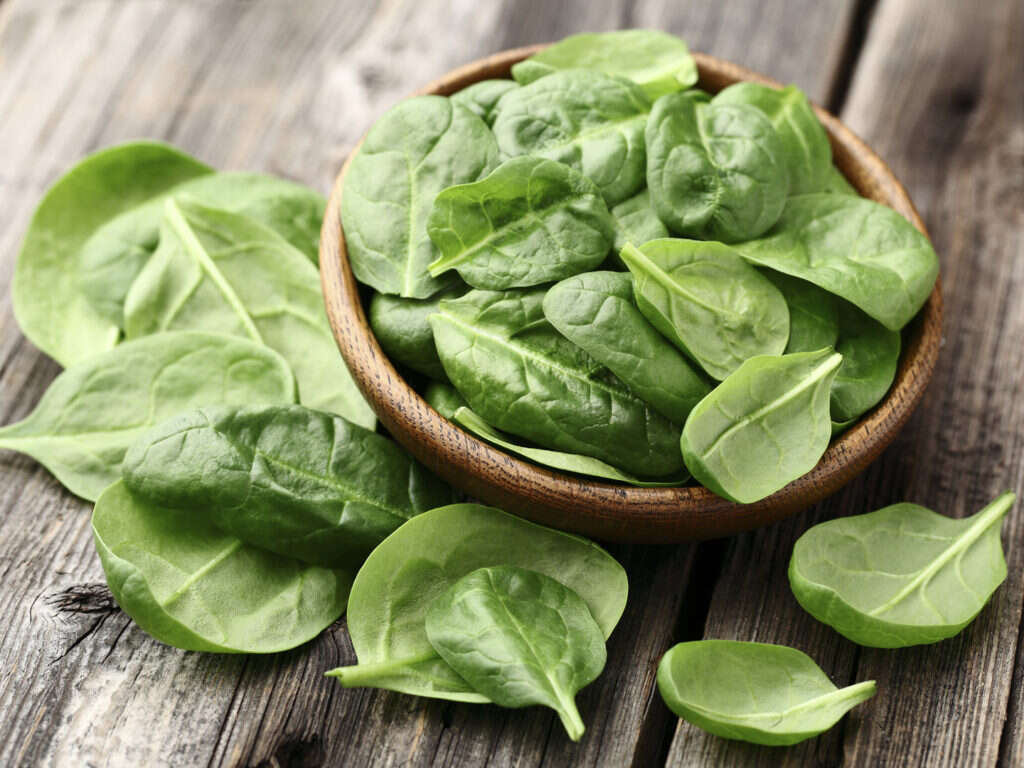
Foods High In Magnesium #7: Pigeon Peas
Pigeon peas provide a wide range of health benefits, including strengthening the immune system, improving heart health, lowering blood pressure, stimulating growth, and reducing inflammation. 100 grams of pigeon peas has 183 mg of magnesium.
High magnesium foods are anti-inflammatory. Magnesium fights inflammation by reducing the inflammatory marker CRP. Low magnesium intake is often correlated with chronic inflammation, a driver of aging, obesity, and many chronic diseases. In some traditions, pigeon peas are applied topically to quickly bring down swelling and inflammation. However, eating the peas will offer more benefits with through fiber, protein, and other nutrients.

Foods High In Magnesium #8: Almonds
A handful of almonds a day, keeps the doctor away. Okay, maybe no one says that, but they should, considering the bioavailability of nutrients found in almonds. In terms of magnesium, 100 grams equates to 268 mg. Almonds are also rich in vitamin E, calcium, riboflavin, niacin, potassium, fiber, and protein.
The fiber, protein, and fat content of the nuts means a little goes a long way. Just 23 almonds, or one ounce, should be enough to keep you full and energized. The magnesium in almonds has shown to regulate blood sugar in a way that reduces food cravings. Although roasting removes some of the beneficial fats, raw or roasted almonds provide similar health benefits.
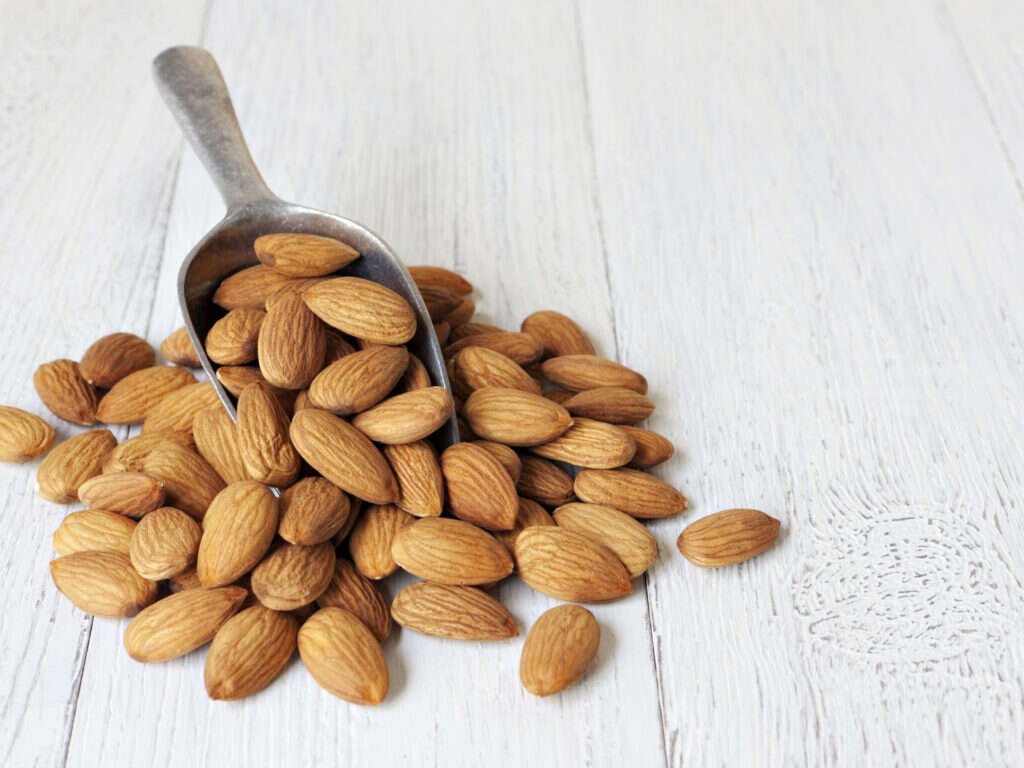
Foods High In Magnesium #9: Soybeans
Depending on how you cook them, 100 grams of soybeans can have anywhere from 60 to 280 mg of magnesium. Soybeans are one of the best sources of plant-based proteins available, ranking close to milk, beef, and egg protein in quality. Other nutrients found in soybeans are folate, potassium, omega 3 and fiber.
Folate is often attributed with pregnant women as a means to prevent neural tube defects in newborn children. However, folate also works with potassium to decrease the risk of heart-related issues. Additionally, folate plays an important role in relaxing the blood vessels; thereby, improving blood flow.
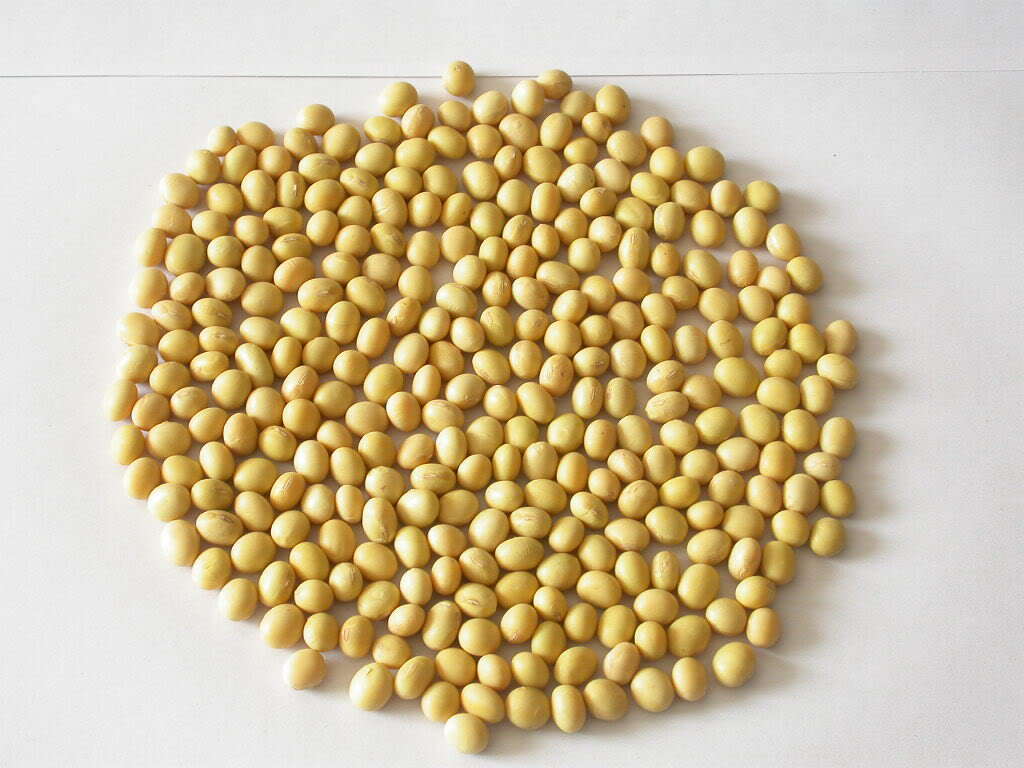
Foods High In Magnesium #10: Dark Chocolate
Yes, you read that correctly. Dark chocolate is jam-packed with magnesium. 100 grams of chocolate provide you with 228 mg of this amazing nutrient. It is no wonder that chocolate improves your mood. Magnesium plays a critical role in mood regulation and brain function.
Before you start stock-piling on the chocolate, it needs to be dark and you should stop yourself after a piece or two. There are so many healthier options with less calories for magnesium out there. An alternative to a chocolate bar is mixing in some cacao powder to food. One tablespoon has 40 mg of magnesium and a lot less sugar.




